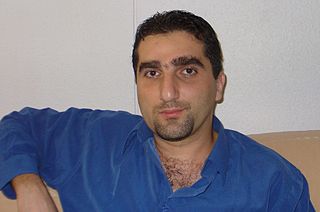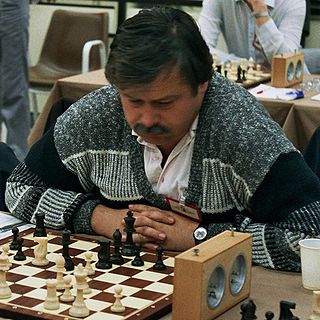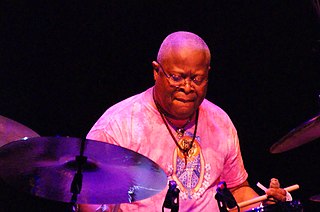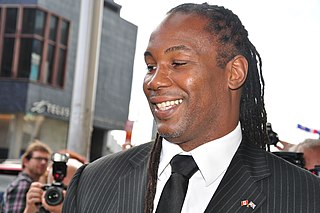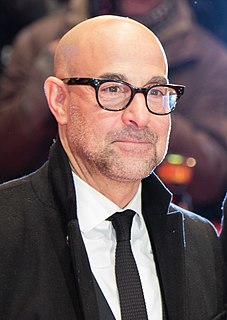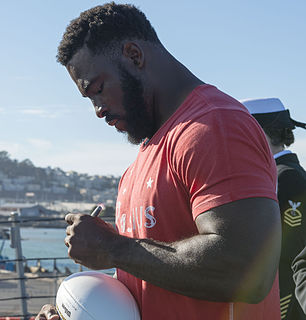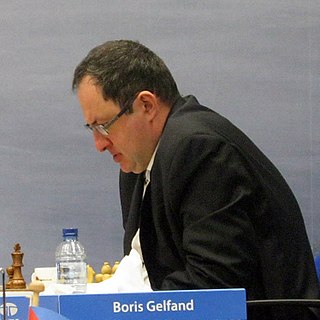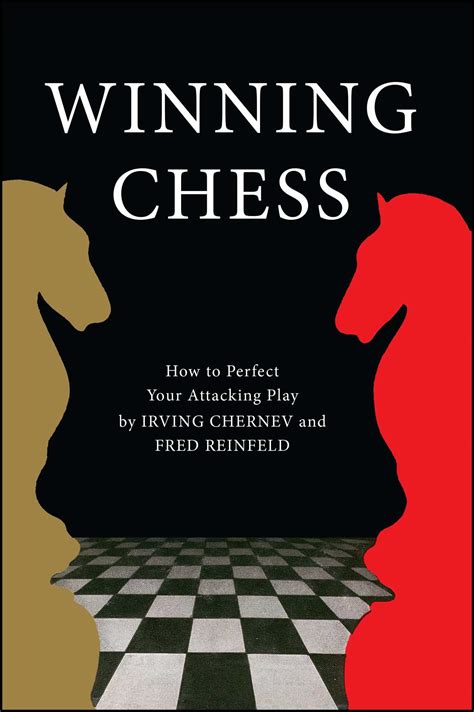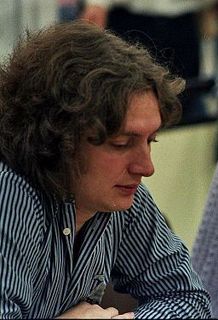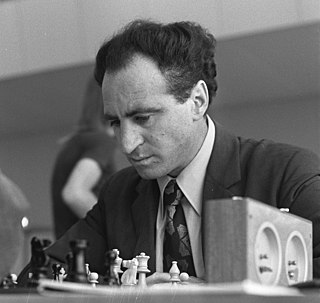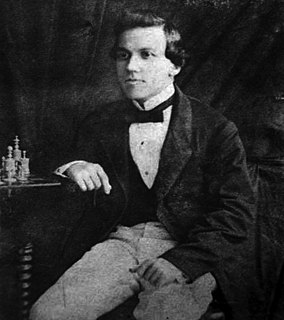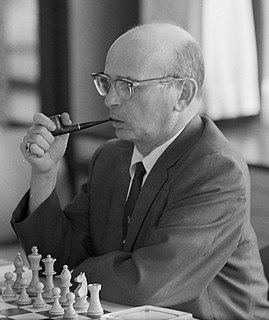A Quote by Richard Reti
Most chess players know, thanks to the study of master games, that two bishops are stronger than two knights or than bishop and knight, though very few know the reason for this advantage and how to turn it to account.
Related Quotes
War is like a game of chess ... but with this little difference, that in chess you may think over each move as long as you please and are not limited for time, and with this difference too, that a knight is always stronger than a pawn, and two pawns are always stronger than one, while in war a battalion is sometimes stronger than a division and sometimes weaker than a company. The relative strength of bodies of troops can never be known to anyone.... Success never depends, and never will depend, on position, or equipment, or even on numbers, and least of all on position.
I used to play a lot of chess and competitive chess and study chess and as you get to the grandmasters and learn their styles when you start copying their games like the way they express themselves through... The way Kasparov or Bobby Fischer expresses themselves through a game of chess is it's astonishing. You can show a chess master one of their games and they'll say "Yeah, that is done by that player."
Boxing and chess are similar. It?s about the choice of means. Sometimes I need a pawn, a bishop or a knight to defeat my opponent. It?s about finding the best way. A good boxer has to be variable. He doesn?t just need to know how to punch. He must also know how to protect himself, how to defend, how to avoid the opponent?s punches. Only a complete fighter can become champion.
Most of the things that really matter require faith. How do I know that my wife loves me? How do I know that Mozarts Jupiter Symphony is sublime and beautiful? There are all sorts of things which come at a more lowly level than that - How do I know that two plus two equals four? There are different layers, different types of knowing.
Most of the things that really matter require faith. 'How do I know that my wife loves me?' 'How do I know that Mozart's 'Jupiter Symphony' is sublime and beautiful?' There are all sorts of things which come at a more lowly level than that - 'How do I know that two plus two equals four?' There are different layers, different types of knowing.
Chess, which exists predominantly in two dimensions, is one of the world's most difficult games. Three-dimensional chess is an invitation to insanity. But human relationships, even of the simplest order, are like a kind of four-dimensional chess, a game whose pieces and positions change subtly and inexorably between moves, whose players stare dumbly while their powerful positions deteriorate into hopeless predicaments and while improbable combinations suddenly become inevitable. To make matters worse, some games are open to any number of players, and all sides are expected to win.
I was a professional chess player in Romania, but only a small-time master. When I came to France, I continued playing chess for many years: I played tournaments in numerous countries with mixed results. I wrote and published a book - La Défense Alekhine and translated two others from Russian. I taught chess in schools; I earned more money through chess than through literature.
The most I've ever done was twenty-something, but that's wasn't because I wanted to. I feel like to me it's usually somewhere between two and- no, it's very hard to say because it really depends up on the shot, you know? If it's a complicated master shot and you know that this is the only thing that you're doing for that scene, a complicated one-er, you're going to maybe end up doing a few more takes than you normally would. But I'm not a big believer in doing tons and tons and tons of takes.

